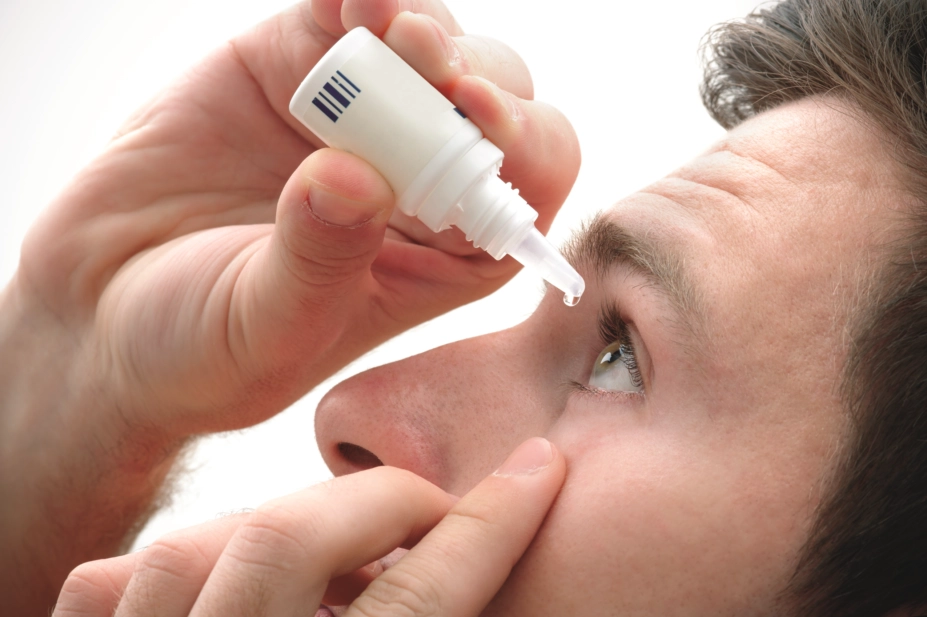Vision loss due to aging
Researchers estimate that about 1.8 billion people around the world live with presbyopia, a farsightedness condition that can appear as a person grows older.
More recent treatment options for presbyopia are eye drops such as Vuity, which uses pilocarpine hydrochloride.
A new eye drop using both pilocarpine plus diclofenac helped study participants improve their ability to read up close.
Researchers estimate that about 1.8 billion people around the worldTrusted Source live with presbyopia — an age-related eye condition where the lens of the eye stiffens, making it hard to see and read close up.
Current treatments for presbyopia include reading glasses, glasses with bifocal or multifocal lenses, bifocal contact lenses, or surgery, such as LASIK.
More recent treatment options for presbyopia are eye drops such as Vuity, which were approved for use by the Food and Drug Administration (FDA) in October 2021. Vuity contains pilocarpine hydrochloride, which is also used to treat dry mouth and glaucoma.
Now, a new study presented at the 43rd Congress of the European Society of Cataract and Refractive Surgeons (ESCRS) reports that a new eye drop formula using both pilocarpine and a nonsteroidal anti-inflammatory drug (NSAID) called diclofenac helped participants improve their ability to read a Jaeger eye chartTrusted Source — which tests how well you see close up — by an extra two, three, or more lines.







